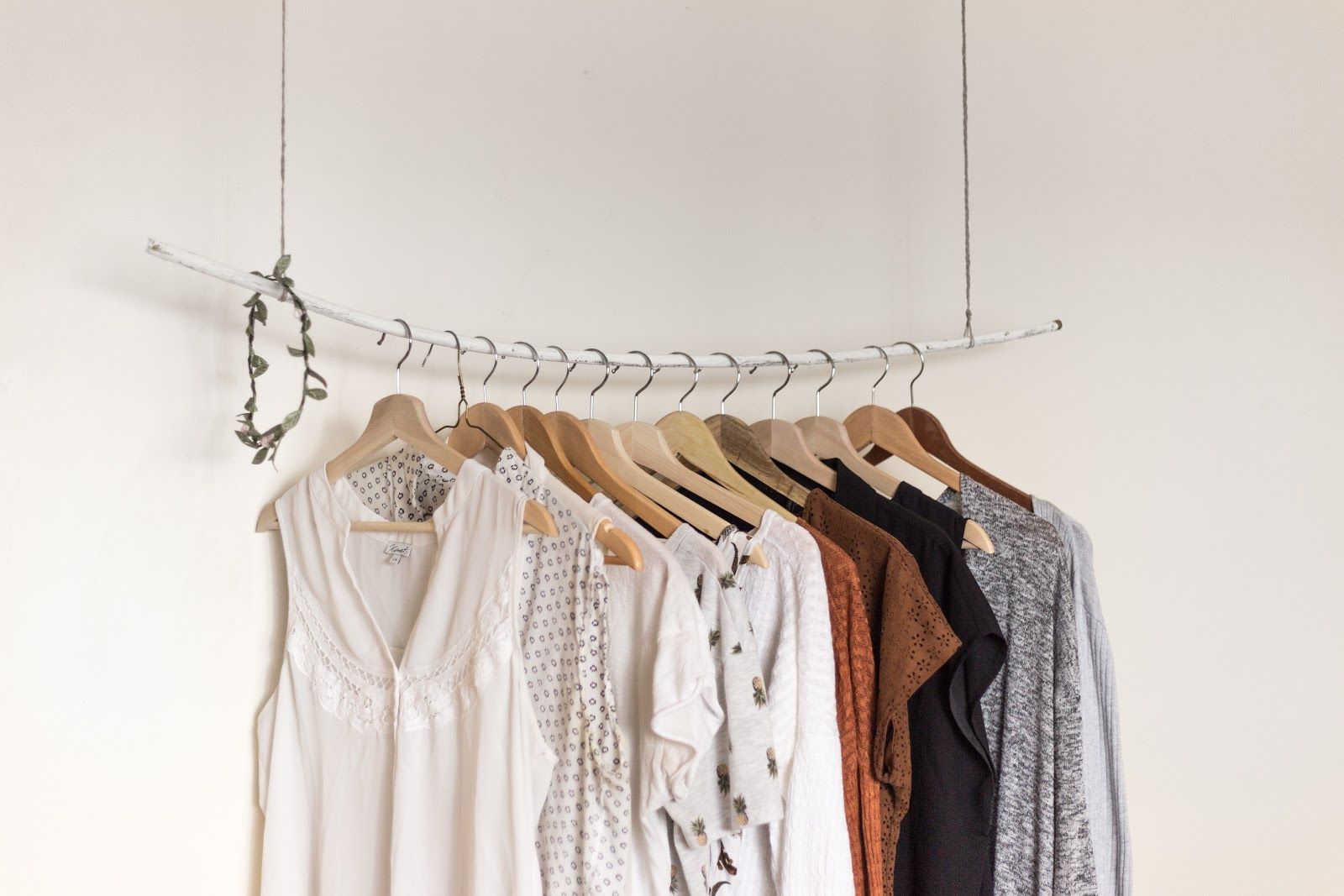So it’s true that a lot of people love to shop. Some say that this is more women than men, and who knows if studies have been done on this, but women do love to shop! (Also, women just need to shop a lot more. They can’t get away with wearing the same colored shirt to work every day like men can, without being asked if they need a wardrobe update. Societal norms influence so much.)
But there are some things you need to stop buying, even if you’ve got a shopping addiction. Not only will it save you a lot of money, but it can also be better for the planet to prevent so much waste. We buy a lot of stuff we don’t need. We live in a fast culture where fast food and fast fashion are pretty much familiar for most. But you’ll end up with a house full of clutter and nowhere to put it. Spending habits need to be curtailed at some point, and you can take this as your sign! So what are the things you need to stop buying, or at least consider not buying?
Things Shopaholic Should Avoid Buying
Here are some of the top things that a shopaholic should stop buying
1. Women’s razors
This is kind of an understandable one because no one wants to keep shelling out a lot of cash for a waxing appointment every time. Disposable razors are obviously not great for the environment, not to mention you keep spending money every time you buy them. Epilators can be better, but they do consume a lot of power. You can try specifically searching for razors that are made of recycled plastic, or, even better, try using a safety razor. Here you just buy the razor but you have to replace the blades, which is better than using all that plastic.
2. Books
Don’t stop reading! But let’s face it, books take up a lot of room, and it’s a lot of paper. Also, if you love reading and are a shopping addict where books are concerned, then spending money on hardbacks every month can really add up. Invest in a Kindle or a similar device, where it’s an investment, and the ebooks are usually considerably cheaper.
 Books
Books3. Sanitary napkins
This is a huge environmental issue and because obviously a lot of people menstruate all over the world, there’s a huge number of sanitary pads and also tampons (which are often made and packaged with nonbiodegradable materials) being produced and used. This can also really add up in terms of money every month. Luckily nowadays there are a lot more buying alternatives on the market, like period underwear, cotton pads, and the increasingly popular menstrual cup. These will save you so much money over your lifetime!
4. Bottled water
Bottled water obviously comes in a ton of plastic. Now it can be really tempting to just buy some water when you’re out, but what you can easily do is keep a bottle of water in your bag at all times, and refill it regularly. You won’t be wasting money outside or contributing to the environmental issue!
5. Fast fashion
Yes, it can be hard to wean yourself off fast fashion entirely. That might not be possible, and it’s a tall order. But a lot of fast fashion contributes to a global waste problem and landfill dumps, and big corporations make a lot of money from underpaying workers. Consider checking out second-hand stores and thrift stores, or buying vintage. Try to keep clothes for as long as possible. If there are size issues or tears, try to sew them or have a family member or friend help you out. Try to make your clothing last instead of just going to the nearest store whenever you feel you need something new to wear.
 Fast fashion
Fast fashion6. Coffee
You might love your morning Starbucks, but do you really need it? If you’re a caffeine-fiend, consider investing in a nice coffee machine so you can just make your own coffee at home. It’s a one-time investment and you’ll be saving money. If you still frequent cafes and love your morning jolt of caffeine, make sure you take in your own cup rather than accept a disposable plastic one. Some shops will even give you a discount for bringing your own cup!
These are just a few examples of things you need to stop buying. Yes, spending habits can be really hard to change. Our parents might have raised us to think about waste in terms of money, but not in terms of how it’s creating an environmental issue. However, times are changing, and we need to change too. Not only will you be saving a lot more money if you try to make these small lifestyle changes, you’ll be making the world a much better place for everyone.

